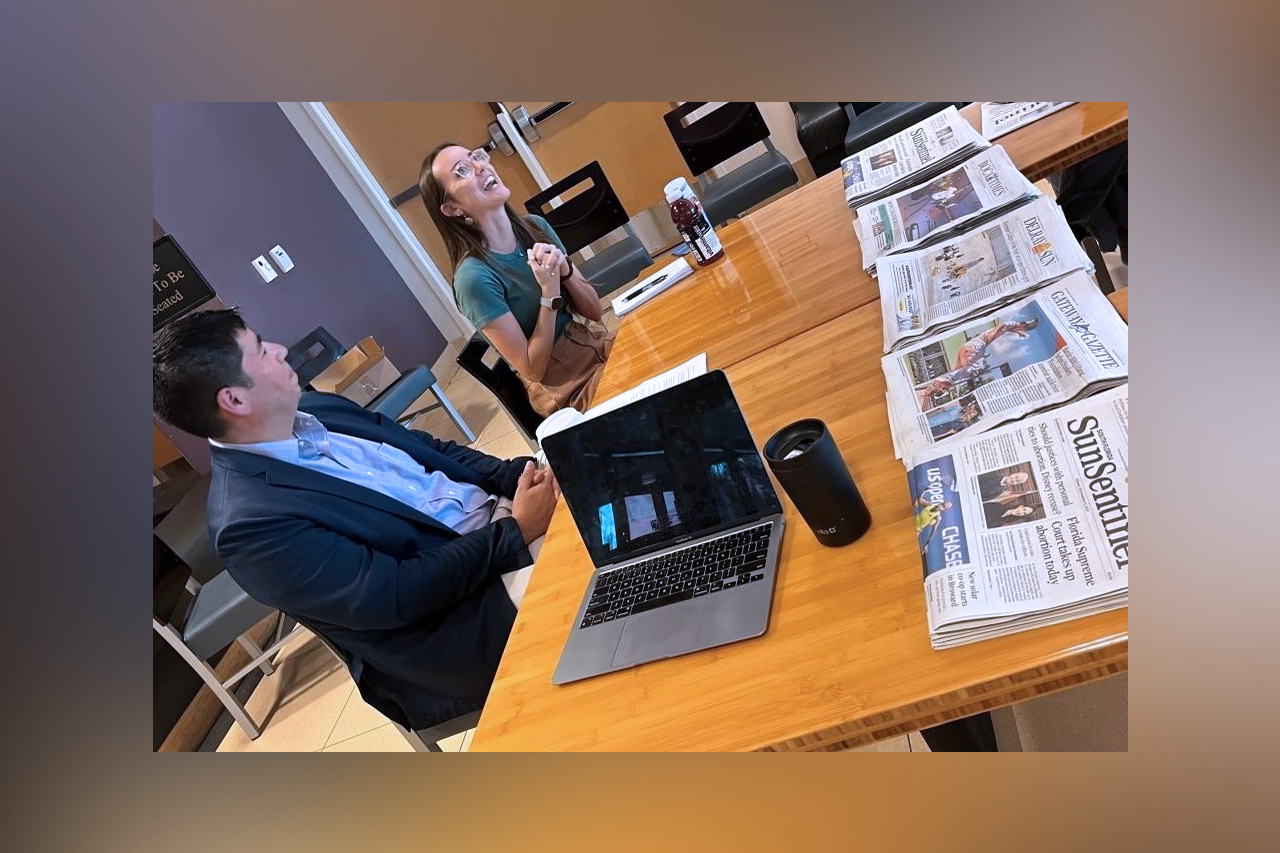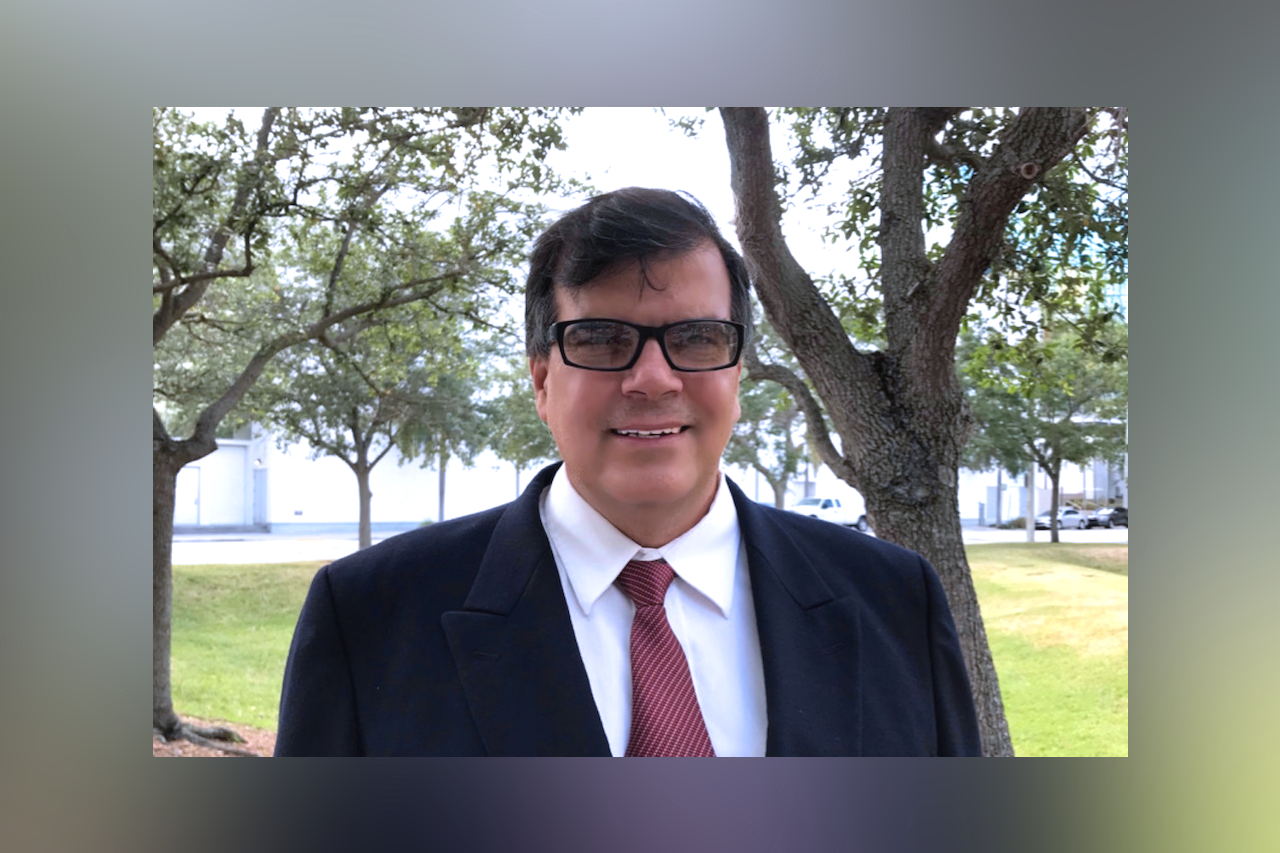Research Thursdays - New Research on the Link between Alzheimer’s Disease and Social Connectedness by Will McConnell
Thursday, Nov 04, 2021
 Will McConnell, Ph.D. (Department of Sociology) recently published two articles on the link between social relationships and Alzheimer’s disease. The first article
“Why the Cognitive ‘Fountain of Youth’ may be Upstream: Pathways to Dementia Risk and Resilience through Social Connectedness,”
now published in Alzheimer’s & Dementia, explains why older adults’ social relationships can have consequences for their cognitive health. A related article,
“Social Networks and Cognitive Function: An Evaluation of Social Bridging and Bonding Mechanisms,”
is published in The Gerontologist. Drawing on evidence from longitudinal surveys of people living with Alzheimer’s disease and related dementias (ADRD), McConnell’s recent research with collaborators at Indiana University and the Indiana Alzheimer’s Disease Center focuses on identifying the mechanisms that might explain the link between social networks and cognitive health. Although most research on ADRD emphasizes pathogenic processes in the body and brain, ADRD has been linked to ‘upstream’ social environmental conditions including social connectedness. In their recent articles, McConnell and colleagues argue that social networks shape patients’ ‘risk of risks’ for cognitive decline through two intermediate social pathways (see figure below). Specifically, social bonding refers to cohesive relationships that provide companionship and social support that can promote neuroendocrine health and mitigate the negative impacts of stress. Social bridging refers to diverse and stimulating social experiences that can promote neuronal connectivity and foster cognitive reserve.
Will McConnell, Ph.D. (Department of Sociology) recently published two articles on the link between social relationships and Alzheimer’s disease. The first article
“Why the Cognitive ‘Fountain of Youth’ may be Upstream: Pathways to Dementia Risk and Resilience through Social Connectedness,”
now published in Alzheimer’s & Dementia, explains why older adults’ social relationships can have consequences for their cognitive health. A related article,
“Social Networks and Cognitive Function: An Evaluation of Social Bridging and Bonding Mechanisms,”
is published in The Gerontologist. Drawing on evidence from longitudinal surveys of people living with Alzheimer’s disease and related dementias (ADRD), McConnell’s recent research with collaborators at Indiana University and the Indiana Alzheimer’s Disease Center focuses on identifying the mechanisms that might explain the link between social networks and cognitive health. Although most research on ADRD emphasizes pathogenic processes in the body and brain, ADRD has been linked to ‘upstream’ social environmental conditions including social connectedness. In their recent articles, McConnell and colleagues argue that social networks shape patients’ ‘risk of risks’ for cognitive decline through two intermediate social pathways (see figure below). Specifically, social bonding refers to cohesive relationships that provide companionship and social support that can promote neuroendocrine health and mitigate the negative impacts of stress. Social bridging refers to diverse and stimulating social experiences that can promote neuronal connectivity and foster cognitive reserve.
Figure

Source: Perry et al. 2021
“This research shows that cognitive health in later life has a lot to do with our social lives and relationships with others. Most people expect that having companionship and support is important for older adults’ well-being. That’s mostly true, but we also consistently find that having a diverse and stimulating social life full of activity is even more important than companionship for slowing or preventing cognitive decline. Being able to make those distinctions is why this research is important.” – Will McConnell, Ph.D., Department of Sociology
In a related area of research, McConnell recently received funding from a College of Arts and Letters pilot research grant to study caregivers for older adults living with ADRD. This new collaborative project with the FAU Louis and Anne Green Memory and Wellness Center involves measuring the informal and professional relationships that caregivers rely on to survive and thrive in their caregiving role.
McConnell is an Assistant Professor of Sociology and member of the FAU I-HEALTH Human Health and Dementia Research Focus Group. He obtained a Ph.D. in Sociology and M.S. in Applied Statistics at Indiana University. He studies social networks, aging, health care and mental health using quantitative methods.
[Research Gate]
Printable Version


